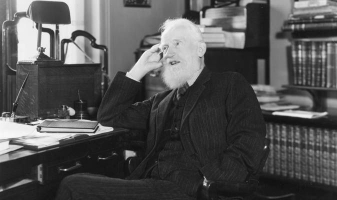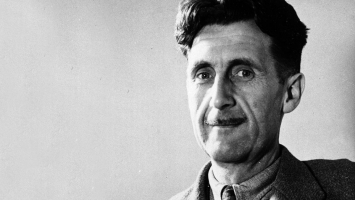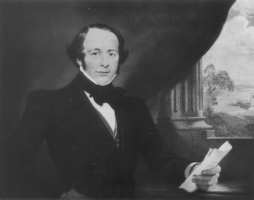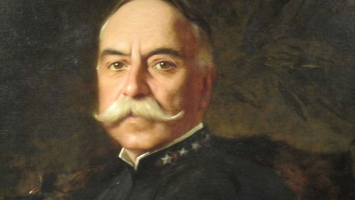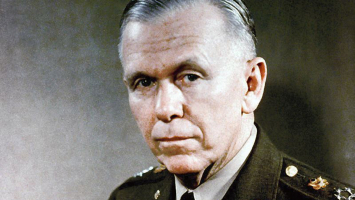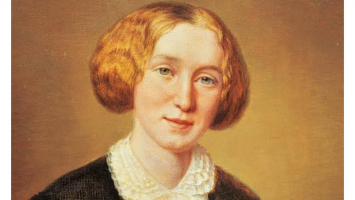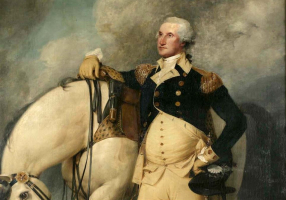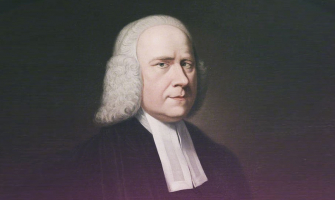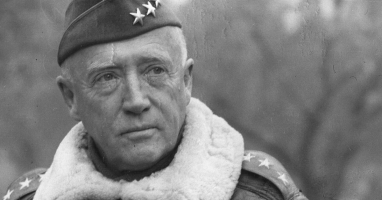Top 8 Interesting Facts about George Handel
Handel, who was born in Halle, Germany in 1685, was a tall, robust man who enjoyed good food, wine, and entertainment. Let's discover interesting facts about ... read more...George Handel with Toplist.
-
George Handel was confronted with adversity early in his life. At a young age, Handel was confronted with a father who did not support a musical career. His father despised music, noting that it was a pastime that served the sole purpose of highlighting a person's flaws of character. His father wished he would pursue a career as a lawyer, a position that would provide him with a lot of job security and financial stability. Handel had to accept this because he was born with "signs of a fierce ambition, born of an awareness of his superiority as a musician, and with a determination to maintain his independence." This determination to advance his musical skill required a great deal of hard work and persuasion, though it was Handel's mother who provided access to a clavichord hidden in the family's attic. His father forbade him from owning any musical instruments because he was unsure that music was his son's best option.
But, because Handel was determined to succeed in that field, he defied his father's wishes. He even had to sneak up to the attic to play the clavichord in secret without his father noticing. Fortunately, he had a mother who understood his ambitions and encouraged him to pursue them. She is most likely the reason we now celebrate Handel's success.
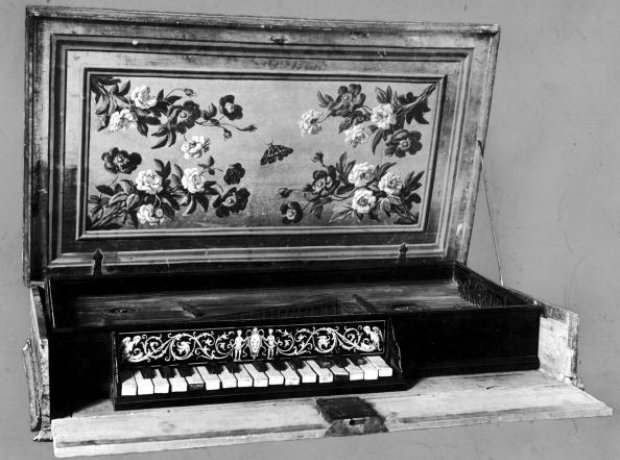
Photo: Gostar - George Handel played the clavichord in secret 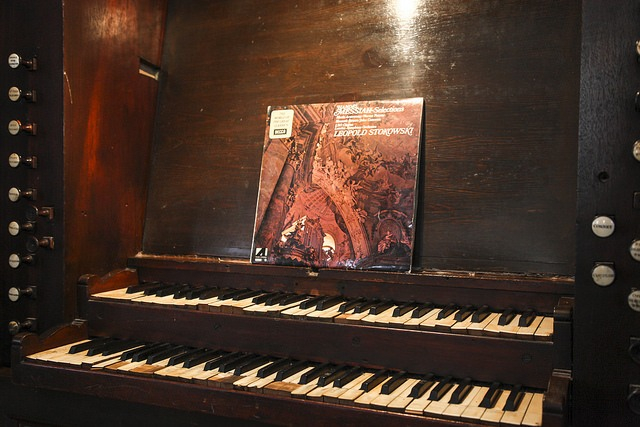
Photo: Wikiwand - George Handel played the clavichord in secret -
In 1704 George Frideric Hande fought a deadly duel with contemporary Johann Mattheson. The two composers were both young men at the time (Handel was 19 and Mattheson was 23) and got into an argument during a performance at the Hamburg Opera.
The incident occurred during the premiere of Cleopatra, one of Mattheson's operas. Mattheson had to perform as a character in the opera (Anthony, a tenor role) as well as conduct from the harpsichord that night. Scholars believe Mattheson asked Handel to fill in as conductor while he sang. Mattheson returned to the conductor's seat at the harpsichord after his performance on stage. But Handel refused to budge.
It is said that the two fought over who should be in charge of the orchestra; Mattheson, as composer, wanted control, but Handel refused to relinquish the position. Mattheson suggested they take their argument outside. So, right outside the theater, the irate young composers drew their swords and engaged in a duel. Although no detailed account of the duel exists, one widely held belief is that Handel was nearly killed by a sword thrust from Mattheson. The thrust was aimed directly at his heart, but it was deflected by a large metal button on his coat, saving Handel's life. As the duel came to an end, the two composers reconciled and became lifelong friends. They kept in touch even after Handel moved to London to finish out his legendary career.
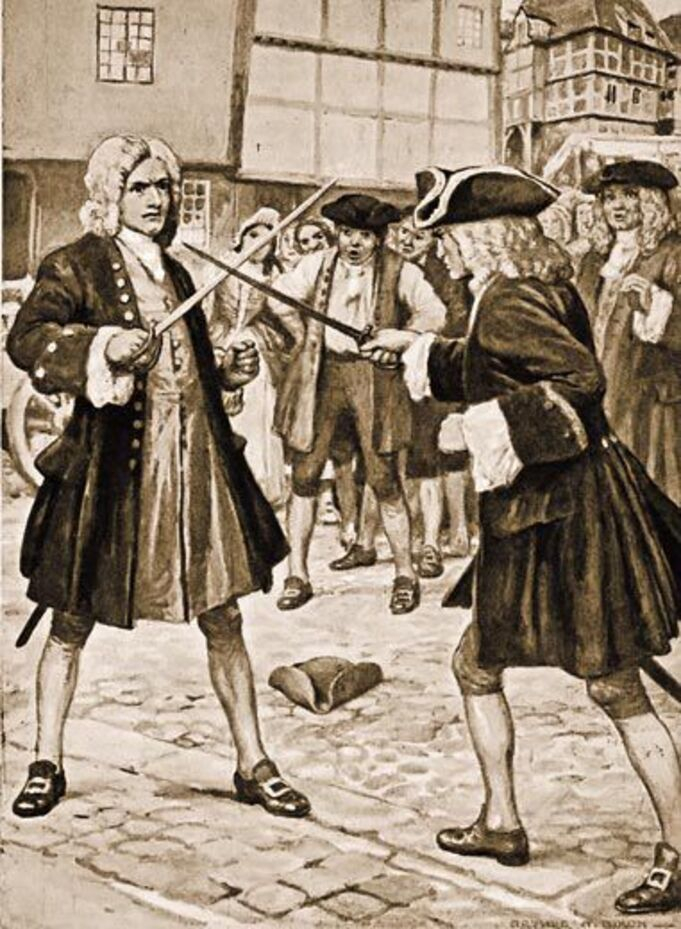
Photo: Smithsonian Magazine - The best pictures of Handel's duel with Johann Mattheson 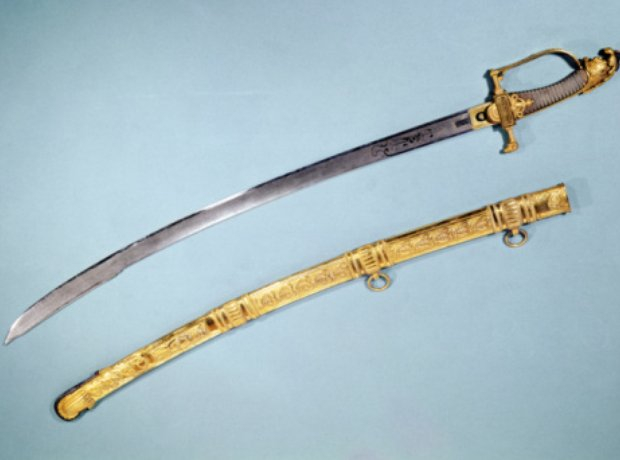
Photo: Classic FM - Duel with Mattheson -
In the latter stages of his life, Handel composed some of his most important and best works. That may not sound particularly impressive, but he did have a stroke in 1737, was involved in a coach crash in 1750 and developed cataracts, and eventually went blind after a botched eye operation in 1751. Handel suffered a stroke at the age of 52, which resulted in both temporary paralysis of his right arm (he was right-handed) and some loss of mental abilities, preventing him from performing.
Nobody expected Handel to perform again, so his quick recovery was regarded as a miracle. Handel had traveled to Aachen, a spa in Germany, to recover faster. During his six-week stay, he diligently took long hot baths and ended up playing the organ in front of a surprised audience.
Although there is no definitive proof, it appears that Georg Friedrich Handel had cerebrovascular disease, which caused two or three minor strokes and vision loss in his final years. Primary sources present and evaluate his etiologically significant risk factors and the symptoms of Handel's strokes; various diagnoses are discussed. There is no direct impact of Handel's illness on his musical work, but there are some indirect outflows of Handel's pathography on his compositions, particularly the Messiah.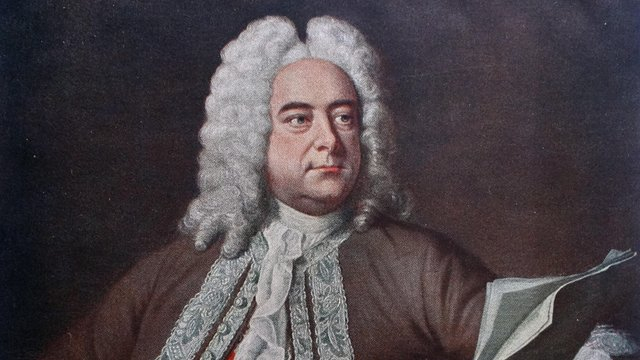
Photo: Classic FM 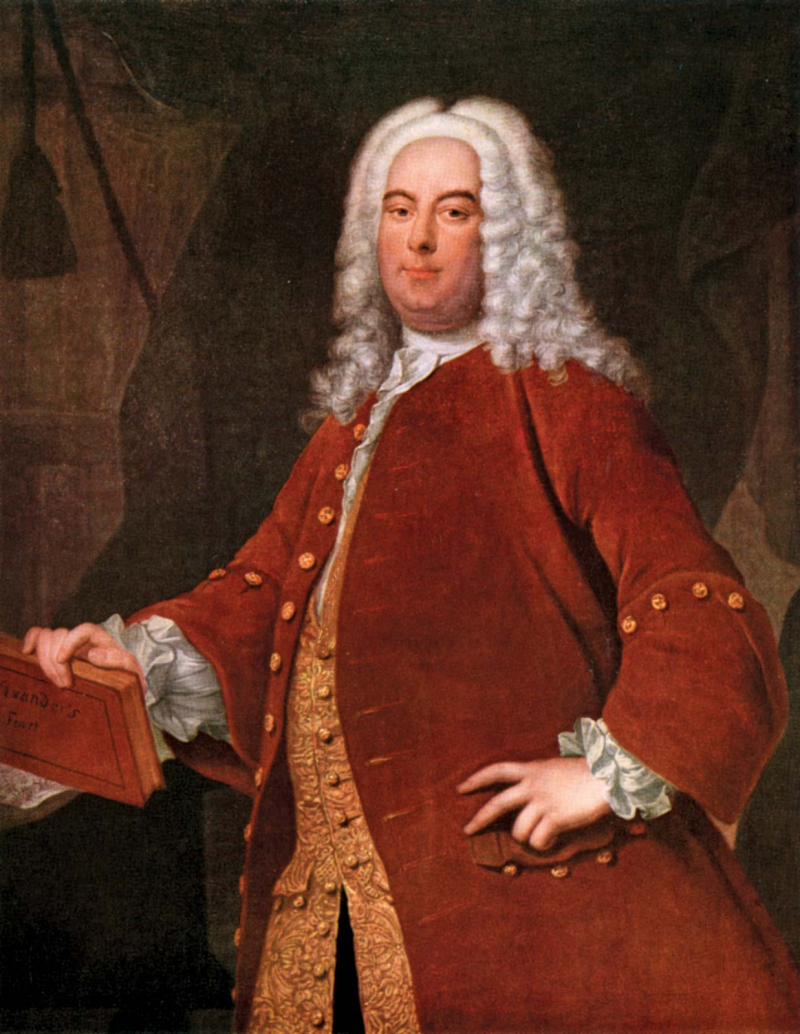
Photo: Páginas de Delphi -
Next on the list of interesting facts about George Handel, Handel was known for being hot-headed, demanding, and extremely strict, in addition to being extremely talented. In fact, he allegedly stated that more people would pay Scottish Tenor Alexander Gordon to jump on his harpsichord than to hear him sing.
George Handel had a terrible temper and was a perfectionist. Among other musicians, he was known for being demanding and overly strict. Handel reportedly threatened to throw soprano Francesca Cuzzoni out the window if she did not perform his score exactly as he expected. During a rehearsal for Flavio, Handel stated that more people would pay to see Scottish tenor Alexander Gordon jump onto his harpsichord than to hear him sing. Handel also threatened to withhold a performer's wages after claiming that Verdi's Prati in Alcina was unsuitable for him to sing. Nobody was safe from Handel's wrath. He even chastised the Prince and Princess of Wales for being late for an oratorio preview at Carlton House.
George Handel was unmistakably a man not to be trifled with!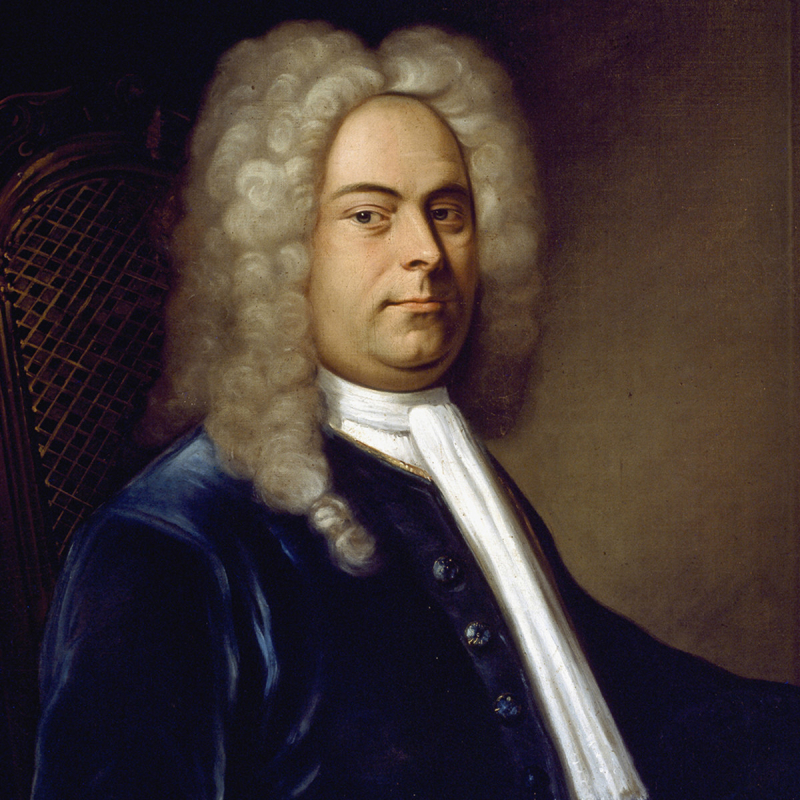
Photo: WOSU News - WOSU Public Media 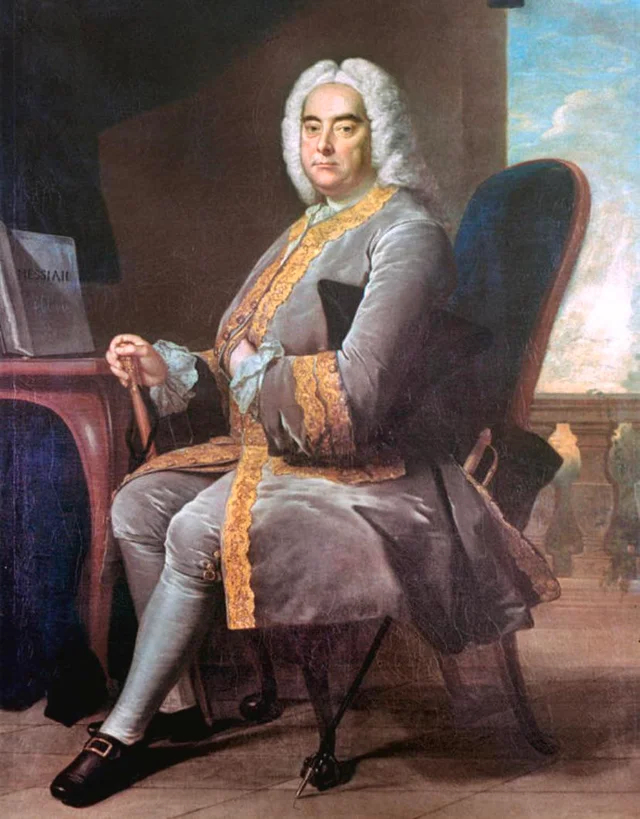
Photo: Encyclopedia Britannica -
The UEFA Champions League Anthem is the official anthem of the UEFA Champions League, written by English composer Tony Britten in 1992 and based on George Frideric Handel's Zadok the Priest. It was also the official anthem of the UEFA Women's Champions League from its inception in 2001 until an independent anthem was created in 2021. The entire anthem lasts about three minutes and includes two short verses and the chorus. The lyrics are in English, French, and German, the three official languages of UEFA. The exclamations serve as the basis for the chorus "Die Meister! Die Besten! Les grandes équipes! The champions!"
The anthem is played inside the stadium before each UEFA Champions League match, as well as at the beginning and end of the games' television broadcasts. At the UEFA Champions League Final, special vocal versions of the anthem were performed live.
For many years, fans of the UEFA Champions League have been listening to Handel's music during Champions League broadcasts. It has been sung at every coronation of the British monarchy since its first performance. Although the composer of the Champions League anthem, Tony Britten, denies it, classical music fans will immediately recognize the anthem as Zadok.
The anthem, written in 1992, incorporates several elements from Handel's original composition.
Video: JOE - Meet the man who wrote the UEFA Champions League anthem 
Photo: Evangelicalfocus - The UEFA Champions League anthem is based on a piece of Handel -
Rinaldo is a 1711 opera written by George Frideric Handel that was the first Italian language opera written specifically for the London stage.
Handel wrote Rinaldo quickly, borrowing and adapting music from operas and other works he wrote during a long stay in Italy from 1706 to 1710, during which he established a significant reputation. He made numerous changes to the score in the years following the premiere. Critics consider Rinaldo to be one of Handel's greatest operas. The soprano aria "Lascia ch'io pianga" has become a particular favorite, and it is a popular concert piece.
When he moved to London, Handel rose quickly to prominence, and he became the people's favorite composer in no time. In 1711, he wrote the first opera in Italian for the London stage. This proved to be the hit that cemented his place in the hearts of the English nobility. Handel went on to dominate English opera for several decades. Rinaldo was revived in London regularly basis until 1717, and in a revised version in 1731; Rinaldo was the most frequently performed of Handel's operas during his lifetime. However, the opera was not performed for more than 200 years after 1731. The revival of interest in baroque opera in the twentieth century resulted in the first modern professional production in Handel's birthplace, Halle, Germany, in 1954. The opera was staged infrequently for the next thirty years, but after a successful run at New York's Metropolitan Opera in 1984, performances and recordings of the work became more common around the world. Rinaldo was the first Handel opera to be staged at the Metropolitan. The Glyndebourne Festival celebrated the opera's tercentenary in 2011 with a modernized production.
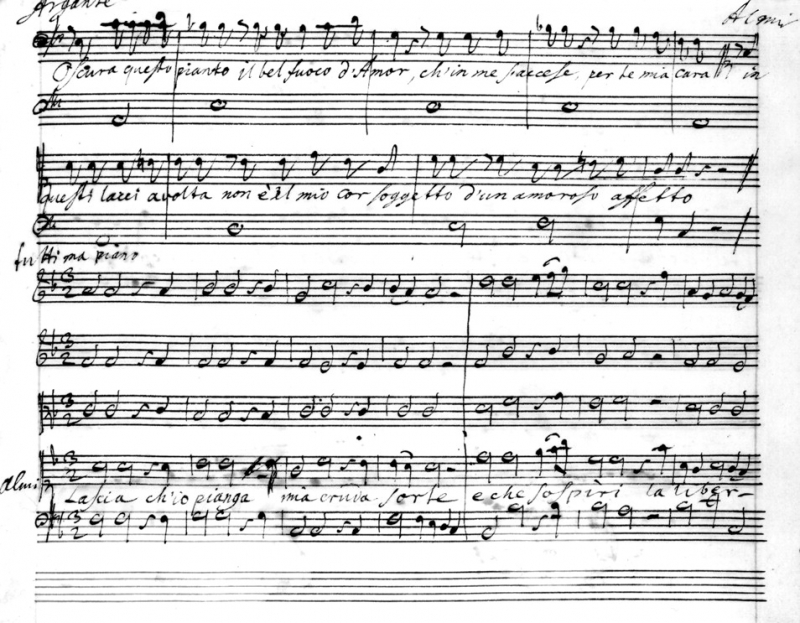
Photo: Wikipedia - Rinaldo (opera) 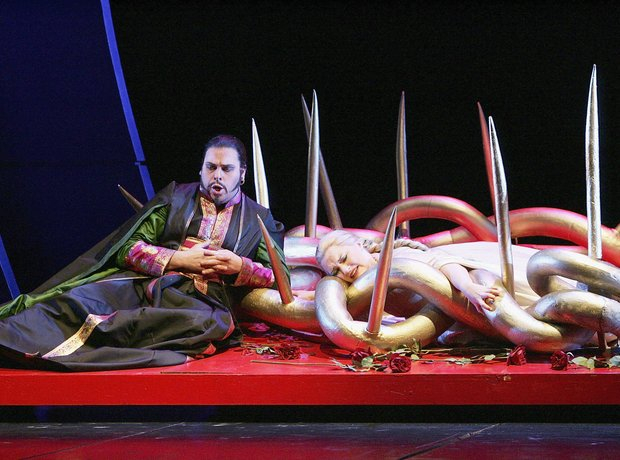
Photo: Rinaldo - his first London success - Handel -
Handel signed a codicil to his will three days before his death in 1759, stating that he hoped to be buried in the Abbey and that his executor erect a monument for him.
Handel's funeral was a huge ceremony because of his fame and how much he was loved by the English people, including the royal family. A fascinating George Handel fact is that over 3,000 people came to say their final goodbyes at his funeral. The choirs of Westminster, St Paul's, and the Chapel Royal performed at his funeral. Among those in attendance were Charles Dickens, Thomas Hardy, and Rudyard Kipling.
The service was performed by choirs from the Abbey, St Paul's Cathedral, and the Chapel Royal. Mr. Gordin was the Undertaker, and George Amyand paid the service and lead-lined coffin fees (£45 5s. 6d), while Roubiliac paid £25 to erect the monument and 6 guineas to lay down a gravestone. The inscription on his black marble gravestone in the south transept reads: "GEORGE FREDERIC HANDEL BORN YE 23 FEBRUARY 1684 DIED YE 14 OF APRIL 1759."
According to a 19th century Abbey history, it depicts "a demi-man couped, his left arm a-kimbo, his right holding up a bottle" (i.e. the top half of a man's figure with one arm bent at the elbow and the other holding a bottle). The same arms are shown between two elephant trunks in the crest above. It's unclear why he chose these specific emblems for his coat of arms!
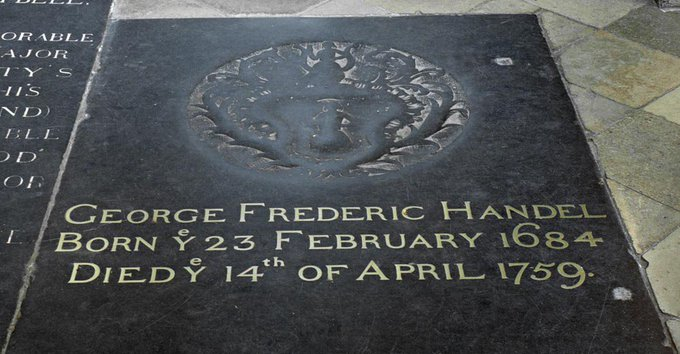
Photo: Classic FM - The inscription on his black marble gravestone 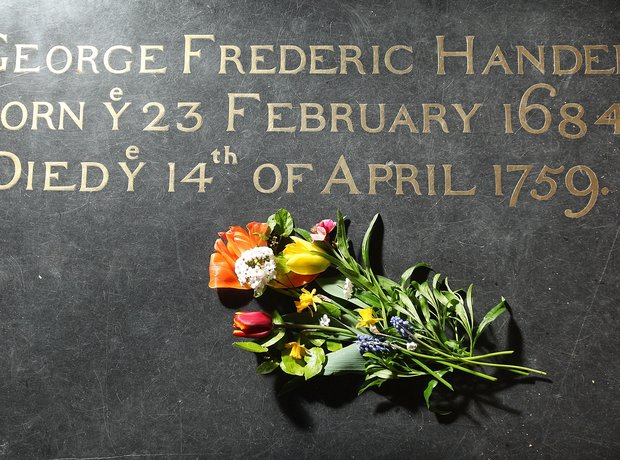
Photo: Classic FM - 3,000 people attend his funeral - Handel -
Interesting facts about George Handel next: Handel was a millionaire. George Frideric Handel, a German-born Baroque composer, died with an inflation-adjusted net worth of $20 million. Handel's works include operas, oratorios, anthems, concerti Grossi, and organ concertos. Despite occasional setbacks, Handel's musical career was lucrative, and he supplemented his income with opportunistic investments. Handel, like many other intellectuals in London at the time, including Alexander Pope and Isaac Newton, invested in the South Sea Company, which was at the heart of one of the world's earliest and most devastating financial manias.
Unlike most of his contemporaries, Handel arrived early and left early. According to Harris, he purchased no later than 1716, well before the price skyrocketed, and appears to have sold by the middle of 1719, at least one year before the bubble burst. And once out, Handel stayed out; he didn't return to the stock market until 1728, long after the mania had passed. Harris estimates that Handel's South Sea bet nearly doubled his money, netting him a profit of around 15,000 pounds in today's money.
Handel died on Holy Saturday, 1759, in his London apartment, leaving behind a fortune worth several million euros. During his most prosperous period, Handel wisely invested his fortune. Because Handel was such a wealthy and esteemed Londoner, it is not surprising that his funeral drew a large crowd: 3000 mourners are said to have attended. Nonetheless, Handel had requested a quiet burial. This wish was denied. Handel was laid to rest in Westminster Abbey in London.
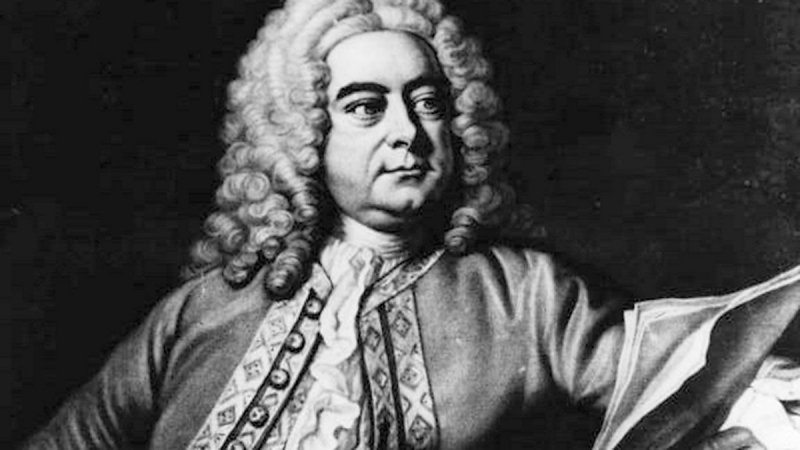
Photo: Europeana 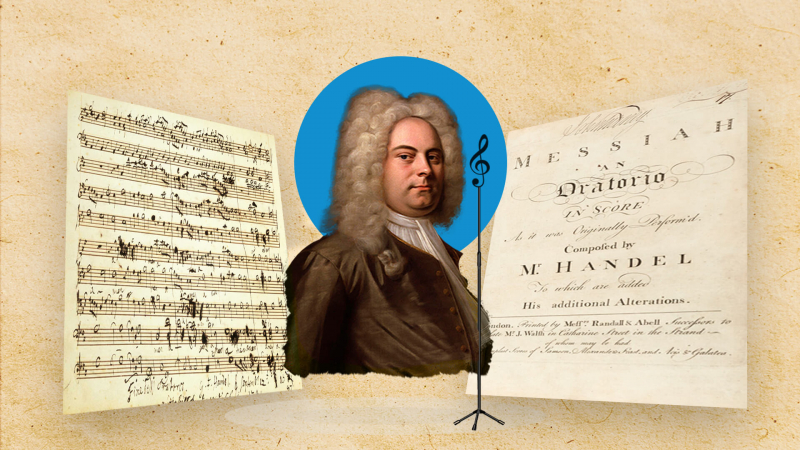
Photo: Wikimedia Commons










